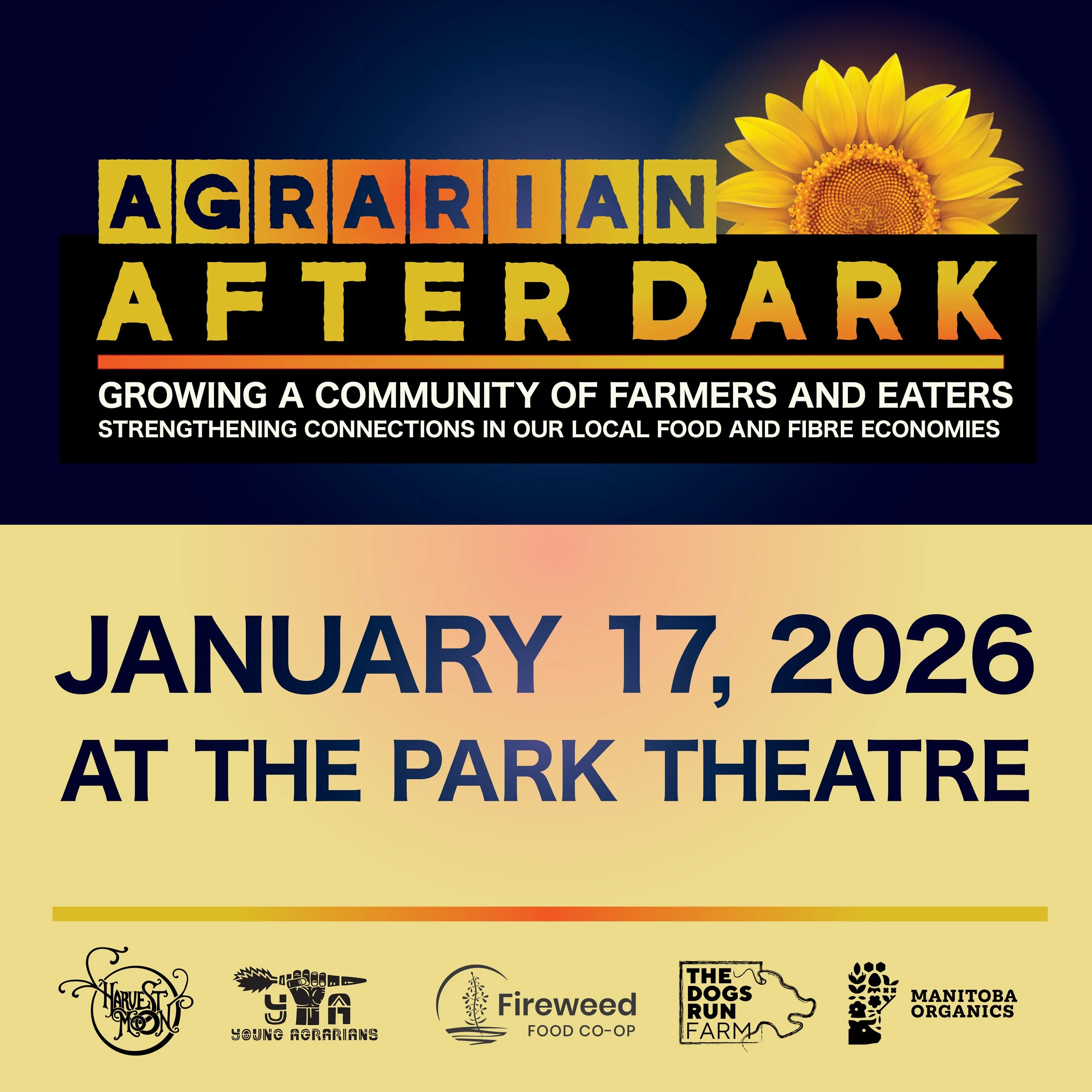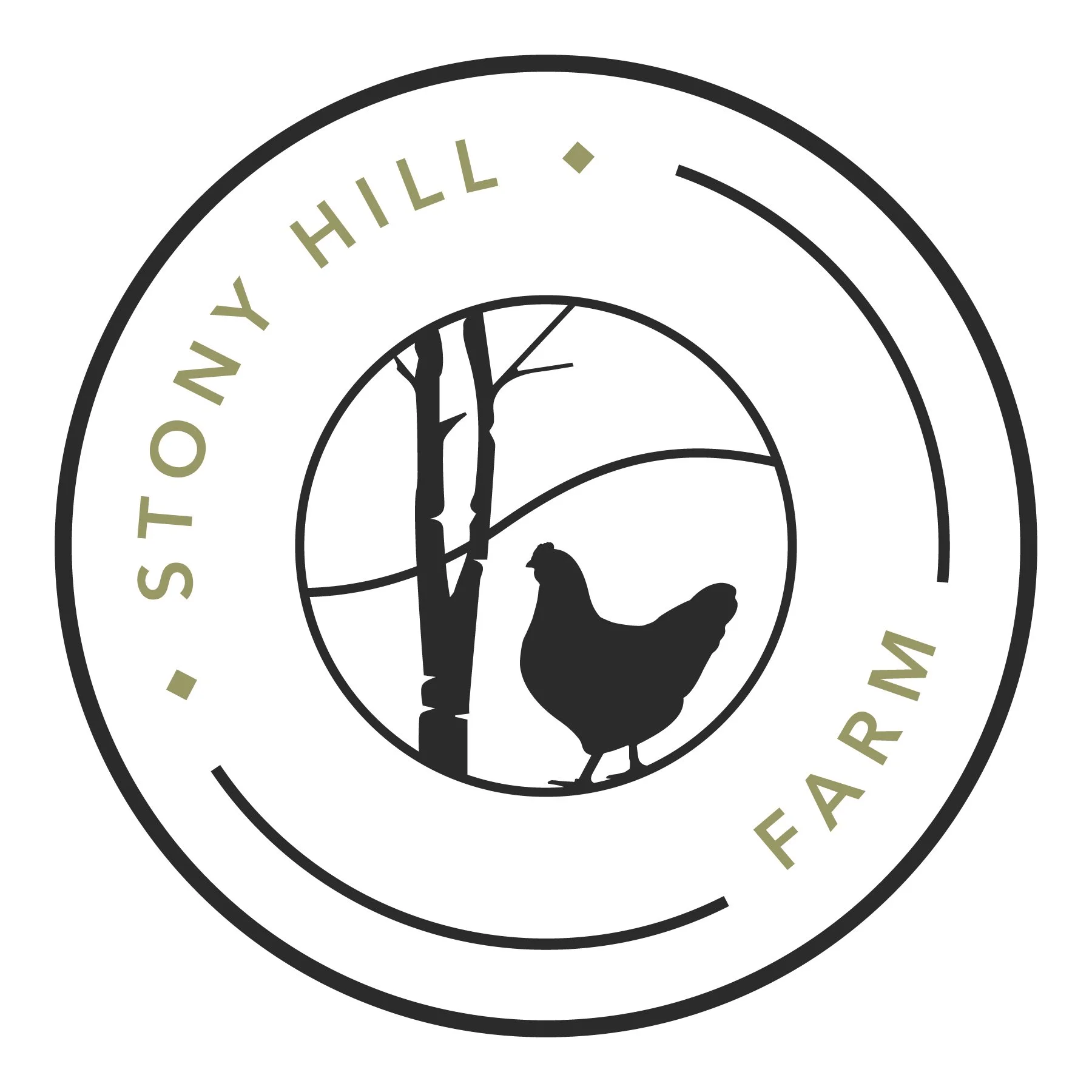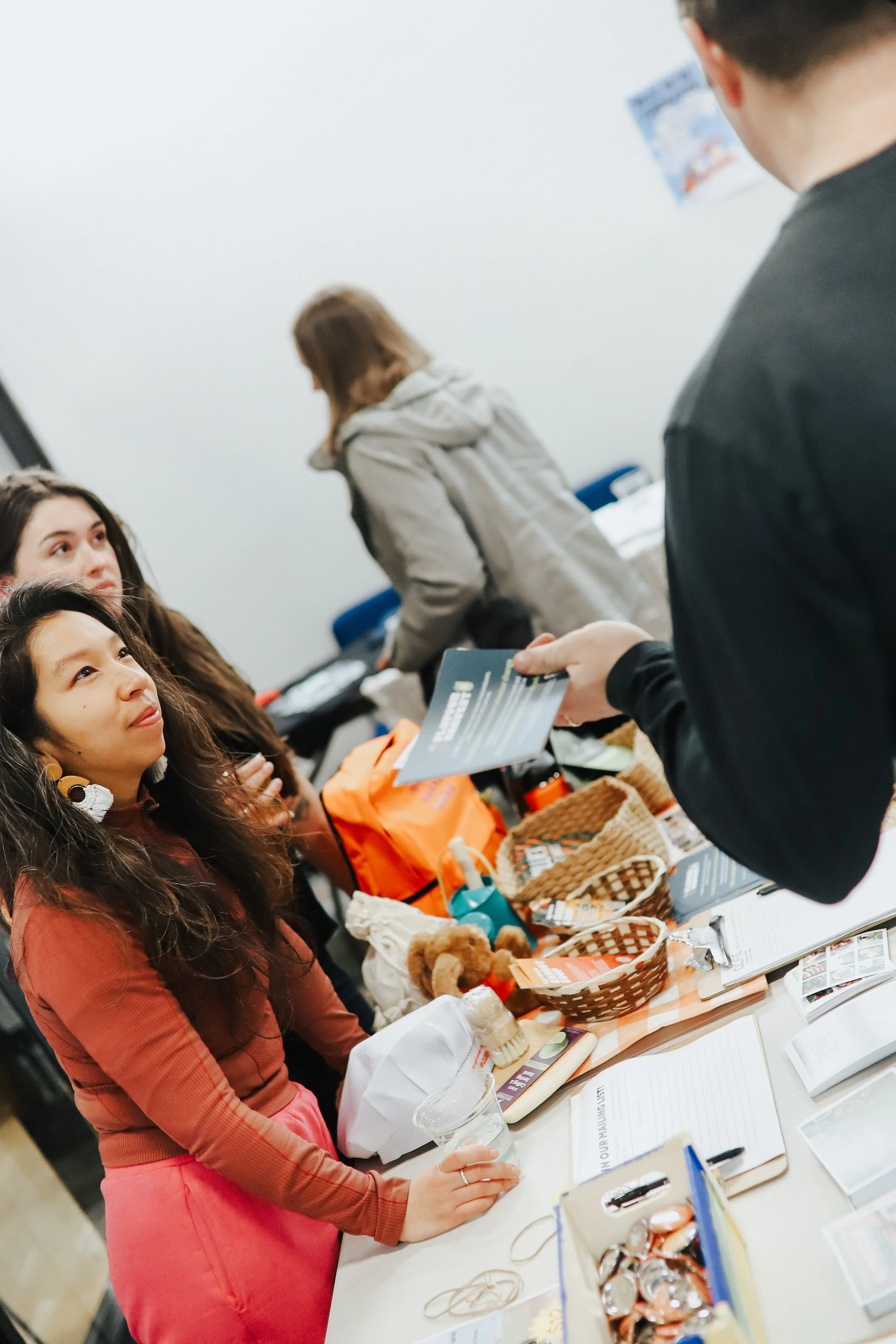


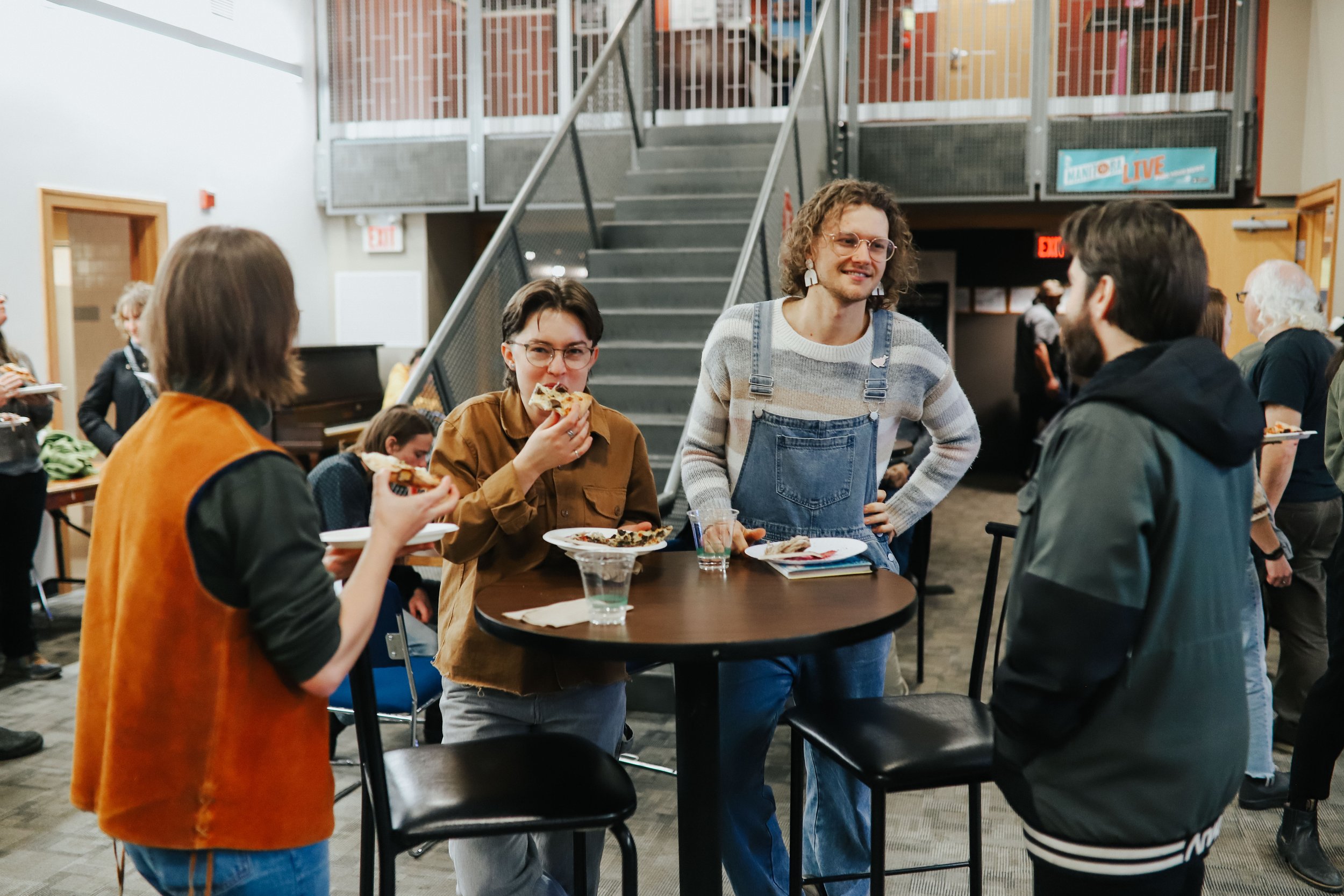
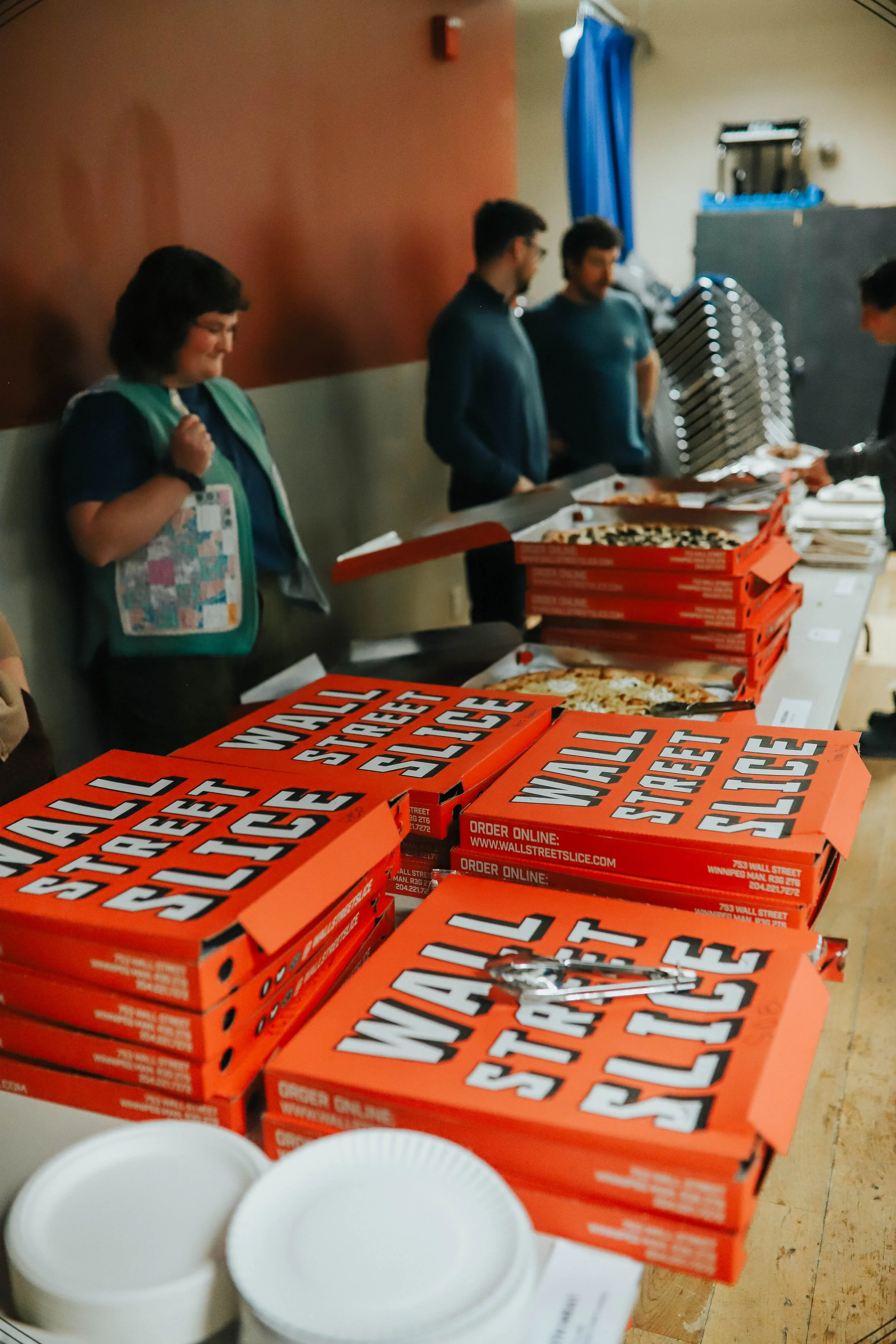



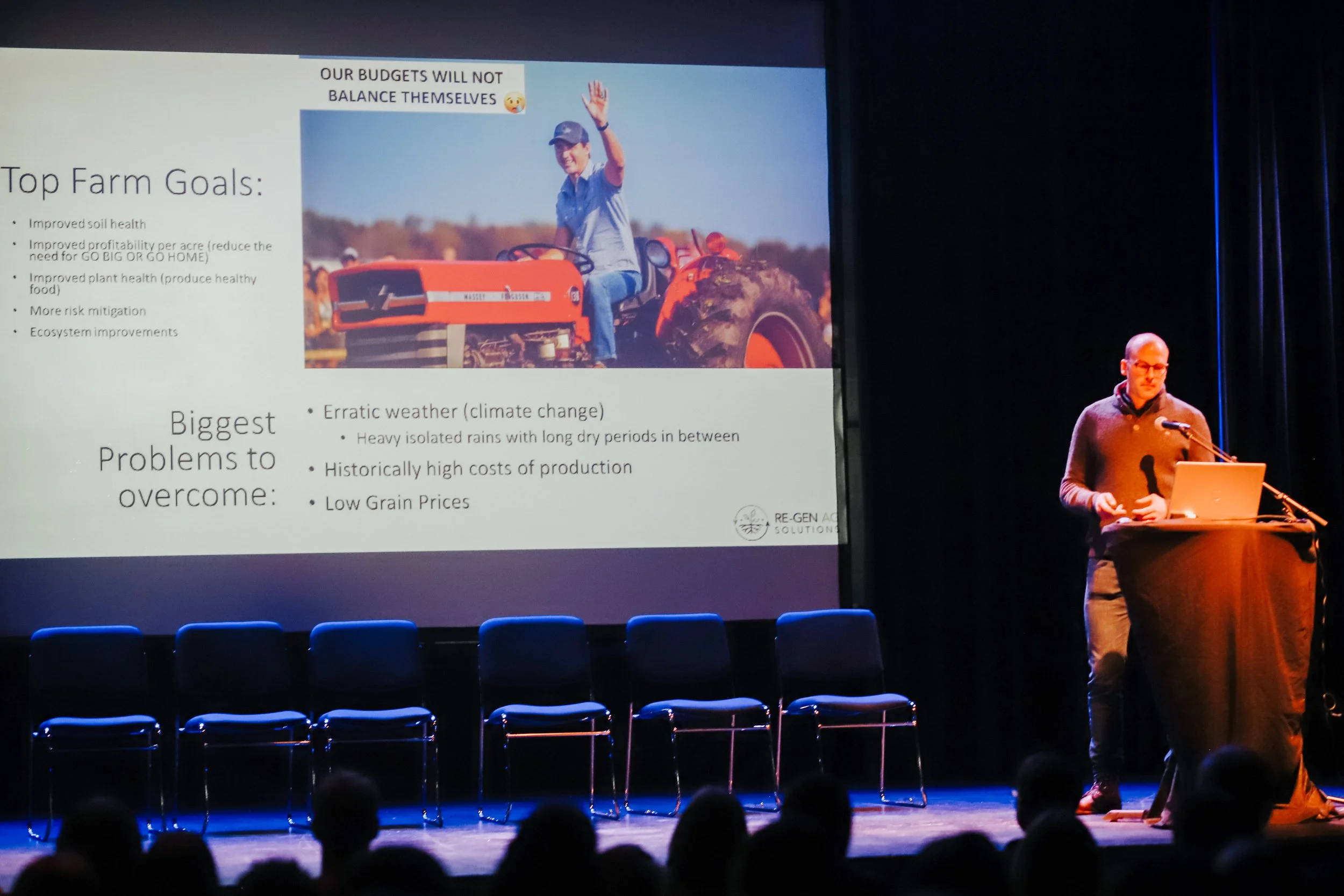





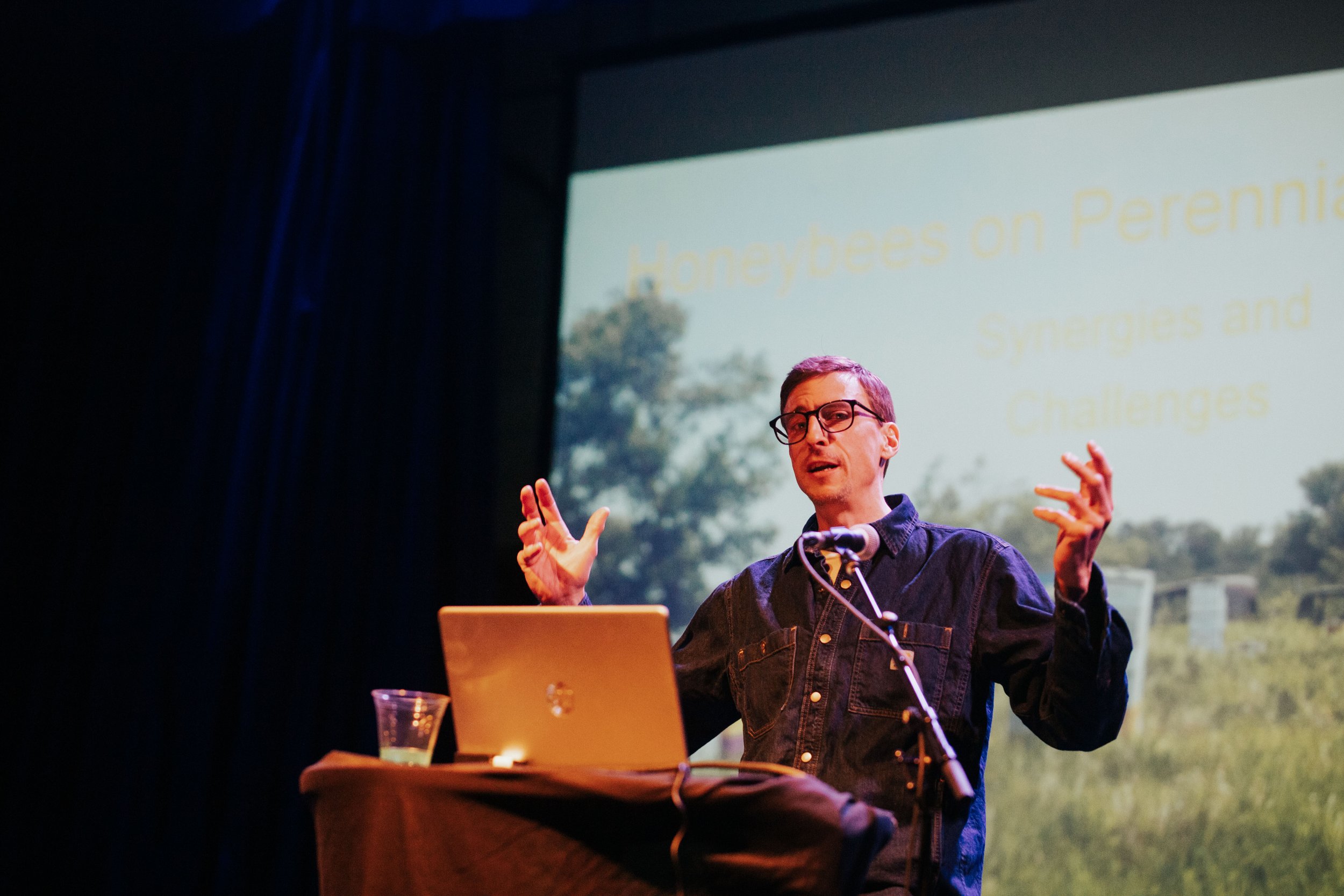

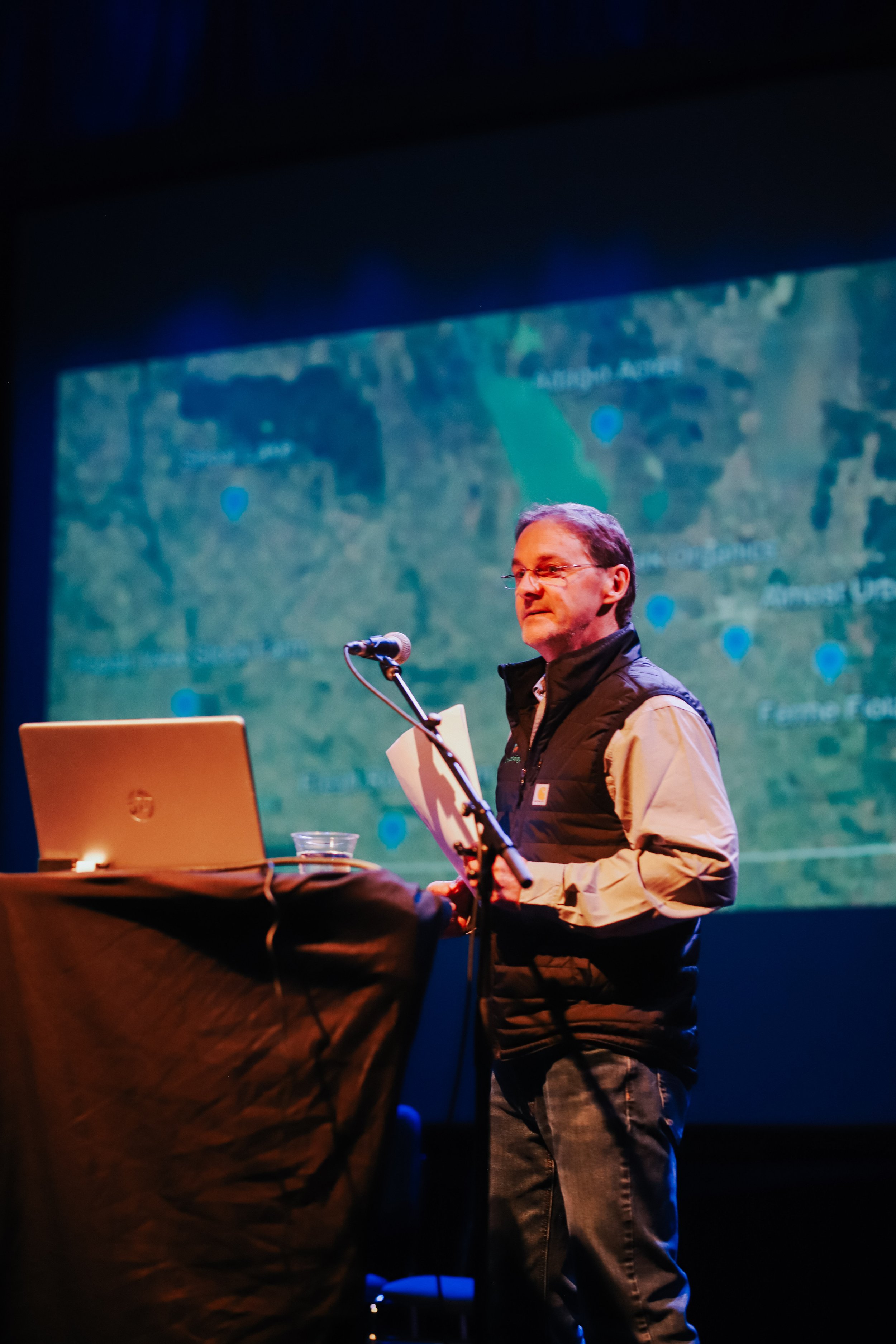


THANK YOU TO OUR TITLE SPONSOR
STONY HILL FARM
Agrarian After Dark
Conversation and Connection with Manitoba Ecological Producers
SATURDAY, JANUARY 17, 2026
• DRINKS WITH LOCAL FOOD
• FARMER PRESENTATIONS
• DRINKS AND SOCIALIZING
At The Park Theatre
Winnipeg, MB
TICKETS
$100 Farm Sponsor
includes two tickets and promotion of your farm logo at the event
$50 - Gold Sponsor
with $25 charitable receipt
$25 - Silver Sponsor
$15 - General Tickets
Harvest Moon Society, Young Agrarians, Fireweed Food Co-op, Manitoba Organics and The Dogs Run Farm have put together an evening to build connections between rural producers and urban consumers in the local food and fiber community. Featuring presentations by active producers and members of the ecological agricultural community, and allowing for conversation and connection in a fun, informal setting including food and refreshments.
THANK YOU TO OUR 2026 SPONSORS
A DIVISION OF
Agrarian After Dark 2025 Presenters
-
WE WILL ANNOUNCE OUR 2026 PRESENTERS SOON!
Agrarian After Dark 2025 Presenters
-

Michael Thiele - Ducks Unlimited and UnderstandingAG
Moderator
Michael was born and raised in Dauphin, Manitoba, Canada on a typical Prairie farm. Wheat and canola dominated the crop rotation with some barley, oats and peas. A small herd of cows grazed the unfarmed acres.
Michael’s trajectory was most likely farming, having been actively involved in the family farm and the decision to study Plant Science in the Faculty of Agriculture at the University of Manitoba.
In hindsight not returning to the family farm after graduating university was a blessing. He began a 30+ year journey to understand agriculture and the importance of soil, water, sunlight, plants and animals and the realization that all the parts are interconnected, a concept critical to the long term success of food production and the health of the biosphere.
Over that time Michael has worked with many conservation organizations (currently Grazing Club Coordinator with Ducks Unlimited) focused on soil, water and wildlife habitat in the context of Prairie agriculture. More recently Michael has worked directly with producers as an UnderstandingAG consultant to build regenerative plans designed to rebuild degraded soils and restore farm profitability.
-

Troy Stozek - Fresh Roots Farm
Honeybees on Perennial Farmland: Synergies and Challenges
Troy Stozek is a first generation farmer who, along with his wife, Michelle Schram, co-founded Fresh Roots Farm near Cartwright, MB in 2011. Together they manage a herd of beef cattle, honeybees and market most of what they produce direct-to-consumer within Manitoba. Their main goal has been to develop a viable farm business that also regenerates the land, improves ecosystem function and produces high quality, nutrient dense food. They have seen huge improvements in the 400 acres they steward, even through some very dry years and have built up a wonderful network of customers who motivate them to continue providing delicious, healthy food.
Troy will talk about his journey getting started as a first generation farmer and what some of the synergies and challenges are of raising cattle and honeybees on diverse perennial landscapes in Manitoba.
-

Melissa Atchison - Poplarview Stock Farm
Cows and Conservation - Where Sand Meets Sloughs
Melissa grew up on a purebred cow/calf operation in the Interlake region. She obtained her B.Sc. in Agriculture – Animal Science from U of M in 2007. She has worked in many areas of the agriculture sector throughout her career including roles as a Veterinary Assistant, as a Primary Products Inspector with the Canadian Food Inspection Agency, and as a Livestock Specialist with Manitoba Agriculture. Melissa is currently the Research & Extension Specialist for Manitoba Beef Producers and the Provincial Coordinator for the Verified Beef Production Plus Program. She serves as a member of the Beef Cattle Research Council and was appointed to the Manitoba Farm Products Marketing Council in 2018 and is currently their Vice Chair.
Along with her husband, Trevor, and his family, they own and operate Poplarview Stock Farm, a 125 year old family farm near Pipestone, MB. Melissa and Trevor have 2 children, Reese and Wyatt who love being a part of the farm. In her spare time, Melissa enjoys training and showing horses, playing volleyball, cross country skiing, and snowshoeing.
-

Alex Boersch - Mill Creek Organics
Regenerative Grain Farming in the Red River Valley: Balancing the ecological health of the farm and the economic health of the farmer
Alex runs a grain farm near Elie, MB alongside his family who moved here from Germany in 1988. He has his masters in Agriculture from Purpan in Toulouse, France. During his studies he did internships throughout Europe, Canada and the USA and then worked as a grain trader at DG Global Inc. before coming back to farm in 2017. These experiences are what pushed him to want to radically change the way they were farming.
A lot of the farm's focus is on soil health and fertilizer efficiency. They have 1,200 certified organic acres and 3,800 in “regenerative” conventional grain production. In 2018 Alex also started Regen-Ag Solutions Inc. which focuses on bringing natural fertility products to farmers to replace or reduce chemicals and increase fertilizer use efficiency as well as improve soil health.
Being in the red river valley with heavy clay gumbo soils, their #1 issue is erratic weather causing flooding and drought. They no longer seem to get regular rains but rather big thunderstorms and then long periods of no rain at all. Thus their #1 prerogative, in order to increase farm resilience, improve water quality and reduce flooding, is to increase our water infiltration rates. We are trying to design our whole farm system around this, increasing diversity and reducing chemical load. They want to grow the healthiest food and soils possible.
-

Amy Nikkel - Adagio Acres
Does Size Really Matter: A Case Study of Degrowth in Food Production
Amy Nikkel grew up surrounded by lovingly grown back-yard and wild foraged food, but the first introduction to large(r) scale farming, along with its beastly PTO attachments and tangles of barbed wire fencing, was a bit of a shock. Amy started growing a unique variety of grain (naked oats) on a farm that is huge in comparison to the back-yard gardens of her childhood, but minuscule when compared to conventional grain farms.
Bridging the gap between human-scale food production and industrial scale agriculture has become a focus of the farm. Adagio Acres now mills grains from their own farm, as well as lentils, beans, corn, flax, and buckwheat from other organic farms around Manitoba, with an emphasis on reducing on-farm food loss through matching the scale of processing with the needs of the small farms around the province.
-
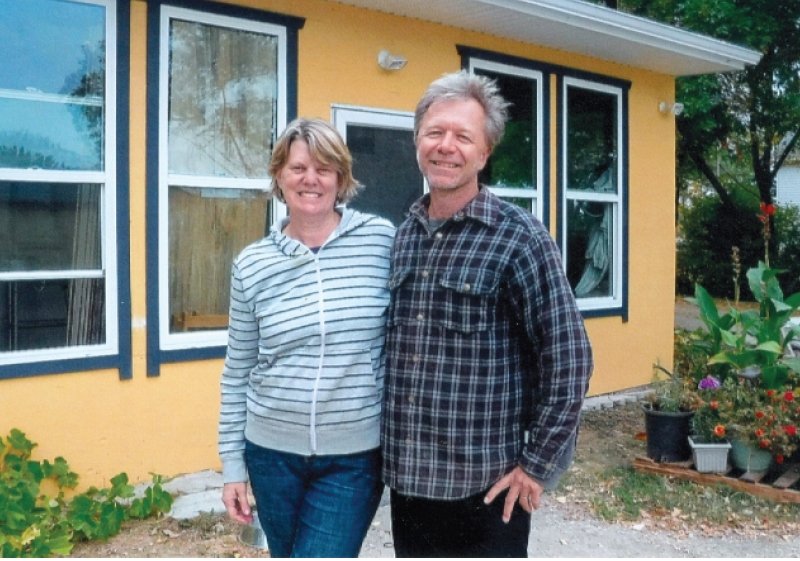
Marilyn Firth and Bruce Berry - Almost Urban Vegetables
From Urban Dwellers to Market Gardeners
Marilyn Firth and her husband Bruce Berry own and operate Almost Urban Vegetables, a 12 acre family farm located right on the edge of the city of Winnipeg. They sell their produce through a Community Shared Agriculture (weekly box) program and at the St. Norbert Farmers' Market.
Eighteen years ago, they gathered up their three children and left their urban lifestyle to begin careers as market gardeners. Marilyn has over thirty years growing experience, including a Certificate of Permaculture and Certificate of Horticultural Therapy, and certifying as a Master Gardener. She coordinates the “what we’ll grow” – choosing the vegetable varieties, timing, monitoring plant health, and more. As an engineer by trade, Bruce manages the “how we’ll do it” – the logistics of materials, water, harvesting and equipment.
They follow three important principles in their growing practices:
• Sustainable
• All Natural
• Environmentally ResponsibleThey use no pesticides, herbicides or artificial fertilizers on their farm, nurturing the soil by adding compost and growing green manures. Barriers such as agricultural fabrics (row cover) help keep pests in check along with crop rotations, companion plants and reduced plot size.
At Agrarian After Dark, Marilyn will bring you along on their journey from urban dwellers to market gardeners, and let you in on what keeps them engaged in the local food world.
-

Christel Lanthier - Ferme Fiola
Art in Farming: Growing Materials and Documenting Stories
Christel Lanthier (she/her/elle) is a Franco-Manitoban multidisciplinary Red River Métis textile artist, hide tanner, mother, shepherdess, and caretaker of land on Treaty One Territory. Her work focuses on the soil to soil cycle.
Agrarian After Dark 2024 Presenters
-

Evan Bowness - Assistant Professor of Community Food Systems at the Trent School of the Environment
Event Moderator
Moderator Evan Bowness is an Assistant Professor of Community Food Systems at the Trent School of the Environment. His research program on equitable sustainability transitions prioritizes reciprocal relationships with community partners in Canada and Brazil. Evan’s research is guided by questions about how urban/rural, human/non-human, intergenerational, and Indigenous/settler relations can be repaired and reconfigured to support sustainable and just futures. This includes a new research project and videos on “Prairie Agroecology” being publicly released during Agrarian After Dark. Evan was born and raised in Winnipeg and was a co-founder of Sustainable South Osborne.
-

Dana Penrice - Young Agrarians / Holistic Management Canada
Regenerating the Spirit and Culture of Farming
Dana strives to support inspired thinking and action in agriculture and rural communities. By thinking broadly and deeply about the systems upon which our society depends, Dana sees us better positioning the industry and our communities for the future. Dana’s work with Holistic Management Canada and with the Human Venture Institute has been foundational in developing her passion for supporting people to become resourceful, resilient, responsible and adaptive. Dana’s formal education was in Animal Science, earning a B.Sc. from the U of A but her much-valued informal learning has come from being on the land with other humans, flora and fauna. She believes that grazing livestock and poultry can heal our planet.
-

Ryan Pengelly - Tamarack Farms
Adapting our family farm: pivoting towards and away from producing local, organic food
Ryan Pengelly operates Tamarack Farms with his family near Erickson, Manitoba. Ryan started his education in psychology, anthropology and natural resource Management. After working in environmental consulting for several years, he returned to his family farm with his partner Alexandra and young son to attempt a new but familiar career with his parents. Local, organic direct-marketed food was the initial aspiration, including quinoa and other organic grains. After nearly 10 years, Tamarack Farms has pivoted away from producing local food and back to growing native grass and flower seed for conservation and reclamation projects just like Ryan’s parents did for several decades.
-

Zack Koscielny - Green Beach Farm and Food
Planned Grazing: Improving the Landscape & the Business
Zack Koscielny is a 5th generation farmer from the Strathclair, MB area. He completed his Agroecology degree at the University of Manitoba in the spring of 2018 and returned to the family farm. Zack farms with his parents on their mixed farm comprised of a cow-calf operation, organic grain production and direct-to-consumer sales of grass-finished beef, pasture-raised pork, pastured chicken and farm fresh eggs. Under the new farm name, Green Beach Farm & Food, Zack and his family have pursued regeneration of their agroecosystem by considering the 6 principles of soil health when making management decisions on the farm. Off the farm, Zack serves on a number of committees in the Strathclair area, while also serving as a board member with the Manitoba Forage & Grassland Association.
-
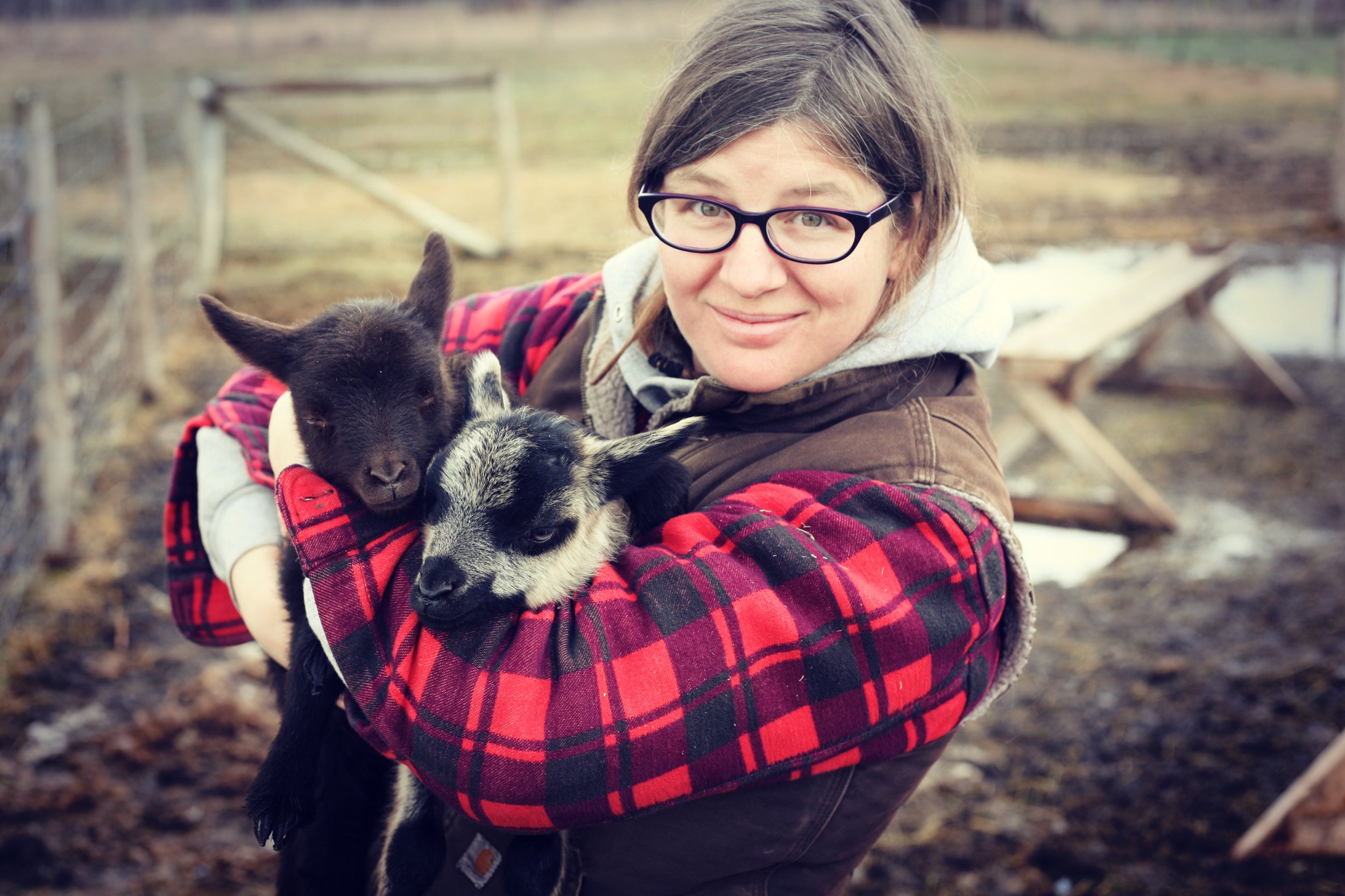
Anna Hunter - Longway Homestead
Soil to Soil: Growing our clothing in the grasslands of the Canadian Prairies
Anna Hunter is a first generation sheep farmer and wool mill owner in Eastern Manitoba, Treaty One Territory. Anna, her husband Luke, and their two kids raise Shetland sheep and run the only wool mill in Manitoba. Anna is passionate about building community and connecting rural fibre farmers with urban consumers, fibre artists and crafters. Anna believes that regenerative agriculture and climate beneficial food and clothing is integral to moving forward as farmers, fibre artists and Manitobans. Anna is passionate about growing a vibrant Canadian wool industry and has recently published her first book Sheep, Shepherd and Land. To learn more about Anna and her farm/wool mill, check out www.longwayhomestead.com
-

Lucas Robinson - R&B Wild Caught Fisheries Canada
Commercial fishing on Lake Winnipeg
Lucas Robinson is a 7th generation commercial fisher on Lake Winnipeg. He was raised on Matheson Island, a small fishing village nestled at the mouth of the North Basin of Lake Winnipeg. When Lucas was 15 years old, he moved away to attend high school in Selkirk, where he was awarded the P.A.S.S. (Promoting Aboriginal Student Success) scholarship upon graduation. After this he attended the Asper School of Business where he was a proud member of IBEP (Indigenous Business Education Partners), and UMICS (University of Manitoba Indigenous Commerce Students). It was at Asper he received his Bachelor of Commerce Degree with a double major of Marketing and Entrepreneurship. In the early days of COVID Lucas moved back home to Matheson Island and Founded R&B Wild Caught Fisheries Canada (WCFC) in the spring of 2020 with his parents. WCFC slogan is “Our Boat to Your Table” meaning that Lucas and his team catch, fillet, package, and sell all their own fish. Local Manitobans purchase their fish through farmers markets and local stores such as Fireweed Food Co-op. In the future they hope to expand to sell across Canada and into the States.
-

Arianna Hildebrand - Natural Collective Farm
Community Supported Agriculture: what, why, how?
Ari is a first generation farmer going into her seventh season of small-scale vegetable farming. Ari has developed a love for growing good, unique and flavourful vegetables while learning from many different small scale producers across Manitoba and British Columbia, most notably Hearts & Roots in MB and Zaklan Farm in BC. Now going into her third season as co-owner and operator of Natural Collective Farm she is working to expand the diversity of vegetables grown in Manitoba for market and restaurant use and inspire a sense of pride for locally grown, seasonal produce.

